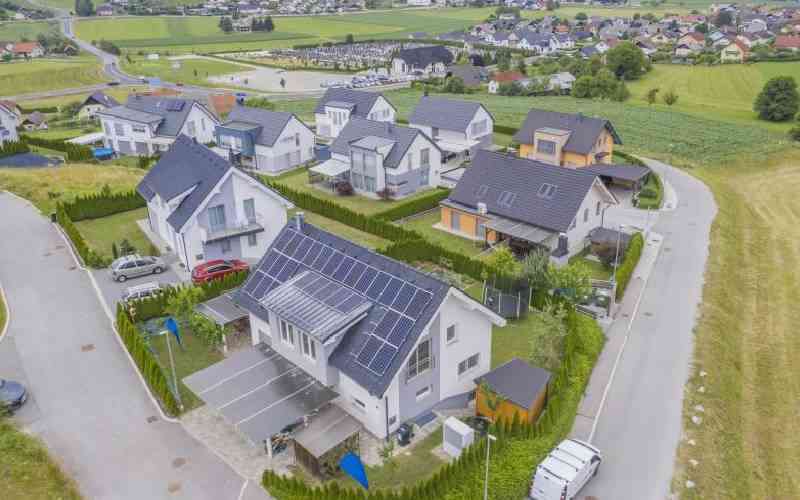×
The Standard e-Paper
Smart Minds Choose Us

Given the current economic and geopolitical outlook, it's understandable that many businesses are focusing on short-term cost control and business resilience.
However, they must not walk back from sustainability when it comes to real estate, where greenhouse gas emissions are at an all-time high.







